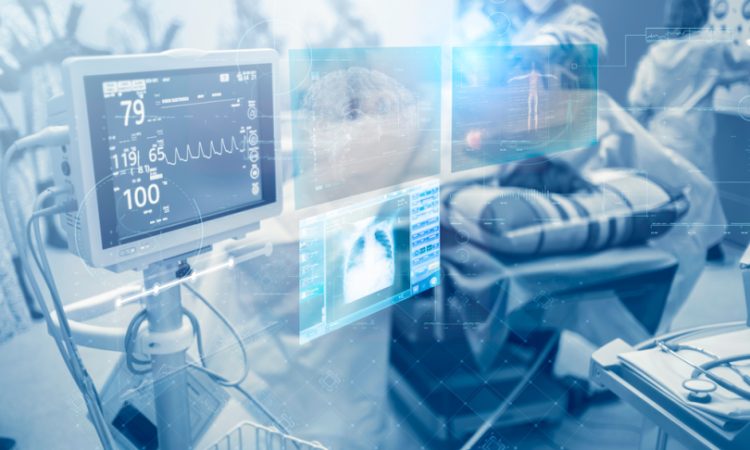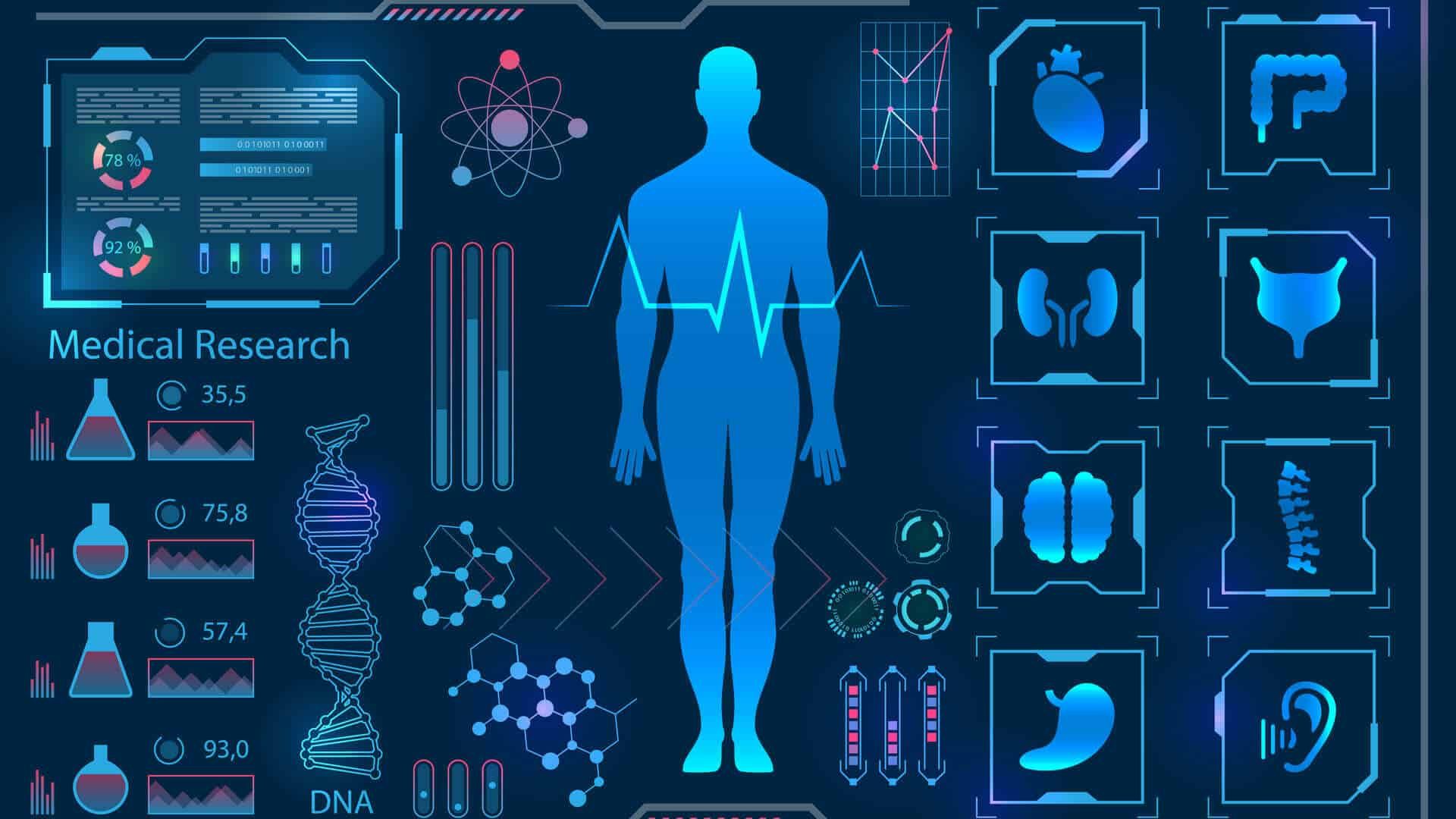Revolutionizing Early Detection: How AI is Transforming Disease Diagnosis and Saving Lives

In the world of medicine, early detection is often the difference between life and death. The sooner doctors can identify the onset of illness or detect a patient’s susceptibility to developing a disease, the better the chances of effective treatment. Yet, the immense volume of data and the complexity of diagnoses can overwhelm even the most skilled medical professionals. Enter artificial intelligence (AI)—a groundbreaking technology poised to revolutionize early disease detection and save countless lives.

AI has transformed industries across the board, but its role in healthcare is particularly exciting, especially when it comes to diagnosing diseases early. By combining vast amounts of medical data with AI’s remarkable processing capabilities, doctors can now achieve faster, more accurate diagnoses than ever before. This article explores how AI is reshaping disease detection and why its future in medicine holds unparalleled potential.
From Lab Tests to Life-Saving Insights: AI’s Role in Healthcare
For centuries, laboratory testing has been the bedrock of medical diagnosis. Even as medical research has advanced, lab tests continue to provide critical insights into a patient’s health. Yet, the process is far from perfect. Doctors must sift through mountains of test results, identifying patterns and making connections. With multiple possibilities and variables to consider, this can be time-consuming, complex, and prone to human error.

Here’s where AI steps in as a powerful ally.
- AI as the Ultimate Organiser
AI systems excel at handling large data sets—exactly what medical practitioners deal with in their quest to diagnose illnesses. When doctors order a variety of lab tests for a patient, AI-powered programmes can swiftly organise the results, highlighting urgent issues, abnormal readings, and even cross-referencing past medical records for potential concerns.This level of organisation and data processing offers an invaluable time-saving advantage, allowing doctors to focus on patient care rather than administrative tasks.
- Predictive Power of AI in Disease Detection
The real magic of AI, however, lies in its predictive capabilities. Modern AI programmes are trained with vast amounts of medical data, including known indicators of diseases. This allows them to analyse lab results not only for present issues but also for patterns that may indicate the risk of future conditions. In other words, AI can spot warning signs that even seasoned doctors might miss—allowing for earlier intervention and treatment.
AI in Action: How Disease Detection is Becoming More Efficient
AI’s ability to predict and diagnose diseases is already in motion in real-world applications. Here’s a closer look at some key areas where AI is making a difference:
- Cardiovascular Disease: AI models trained on vast cardiac data sets are now able to predict heart attacks and strokes long before symptoms become apparent. By analysing factors such as heart rate variability, cholesterol levels, and even lifestyle data, AI can provide early warnings that allow doctors to implement preventive treatments.
- Cancer Detection: One of AI’s most significant contributions is in oncology. AI programmes can analyse medical imaging far more quickly and accurately than the human eye, detecting anomalies that may indicate early stages of cancer. This has already led to earlier diagnoses and more successful treatment outcomes.
- Neurological Conditions: Detecting neurological conditions such as Alzheimer’s or Parkinson’s early can be particularly challenging due to the subtlety of initial symptoms. AI’s data-crunching power helps spot the early indicators, giving patients and doctors more time to explore treatment options before the disease progresses too far.
The Human Touch: AI as an Assistant, Not a Replacement
Despite the dazzling promise of AI in healthcare, it’s important to remember that technology is not a substitute for the human touch. AI can organise, predict, and analyse, but only a trained medical professional can take all factors into account—including a patient’s history, lifestyle, and even emotional well-being—when making a final diagnosis.
Where AI thrives is in augmenting a doctor’s abilities. Imagine a doctor ordering tests for a patient who has unexplained symptoms. With AI on hand, the system can cross-check results with existing medical databases, offering insights into potential rare or overlooked conditions. The doctor can then apply their expertise, considering the results in context, and make a more informed, well-rounded diagnosis.
The Future of AI in Early Disease Detection: What’s Next?
AI is already proving its worth in disease detection, but its future is even more exciting. Researchers are constantly training AI systems with new data, meaning these programmes are becoming more accurate and reliable over time. As technology continues to advance, AI’s role in healthcare could expand beyond diagnosis to include personalised treatment plans and real-time monitoring of patient health.
Looking ahead, there are bound to be ethical and practical challenges. AI’s integration into medicine raises questions about data privacy, the potential for over-reliance on technology, and the role of human intuition in patient care. But as it stands, AI is a tool that can complement medical professionals, allowing them to offer better, faster care.

AI as a Lifeline in Early Detection
AI in early disease detection is not just a future possibility—it’s already happening, and it’s changing lives. The combination of advanced data processing, predictive algorithms, and quick turnaround times makes AI a powerful ally in the fight against life-threatening illnesses. As AI continues to evolve, its ability to catch diseases early could save millions of lives, providing patients with precious time for treatment, recovery, or simply more time with their loved ones.
The future of healthcare may well depend on this delicate balance of human expertise and artificial intelligence. And while AI won’t replace doctors anytime soon, it’s becoming a critical partner in providing the best possible care.






